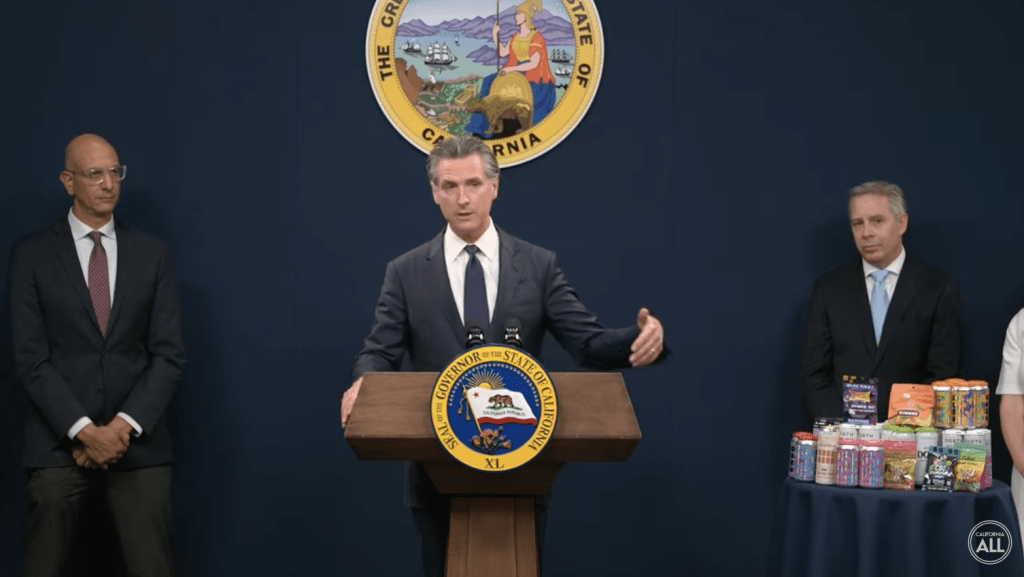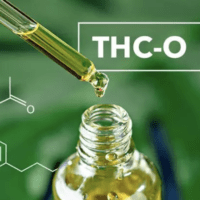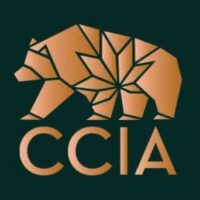
In a letter to the California Office of Administrative Law and Department of Public Health, Cal NORML has asked that Gov. Newsom’s proposed emergency regulations banning the sale of hemp products be modified to allow continued sale of non-intoxicating hemp CBD extracts that are widely used by medical patients in California.
The letter does not take issue with the regulations’ intent to block the sale of hemp products with intoxicating levels of THC in liquor stores, gas stations, smoke shops and convenience outlets, often with inadequate labeling and in a manner accessible to minors.
However, it calls the proposed regulations too restrictive in banning industrial hemp with any “detectable amount of THC.” In practice, it’s impossible to eliminate detectable but non-intoxicating traces of THC from natural hemp extracts. THC is readily detectable at levels of 1 billionth of a gram, far below the threshold of human sensitivity, which starts around 2.5 milligrams, the smallest dosage of the prescription THC drug dronabinol.
As a result, the proposed regulation would wrongfully ban a host of non-intoxicating high-CBD natural hemp medicinal preparations with minimal levels of THC (around 1-2 milligrams), which are widely used by patients and recommended by doctors in California.
Cal NORML submitted expert testimony from California physicians Dr. Bonni Goldstein and Dr. Laurie Vollen, who have been recommending high-CBD hemp preparations to treat patients with epilepsy, cancer and other serious medical conditions. According to Dr. Goldstein, the proposed regulations “will cause serious detrimental effects to thousands of vulnerable children in California if access to these products is denied.” Dr. Vollen notes that equivalent products are not generally available in dispensaries, and even if they were, they would be much more expensive than those now available on the hemp market.
Cal NORML is asking that the regulations be amended to allow natural medicinal hemp oils, tinctures, extracts, capsules, suppositories and topicals by adopting the state of Colorado’s definition of non-intoxicating hemp, which allows hemp extracts with a CBD:THC ratio of at least 15:1 and no more than 1.75 milligrams of THC per dose. Cal NORML recommends that similar standards should be applied to other non-intoxicating hemp cannabinoids such as CBG and CBDA.
“There’s no danger that minors will try to get high on hemp products with less than 2 mg of THC, especially when other, much more potent marijuana products are readily available at bargain prices on the illegal market,” argues California NORML. As currently drafted, the CDPH’s proposed regulations violate the mandate of California’s medical marijuana law, Prop 215, to secure “safe and affordable” access to cannabis for all patients in medical need.
Although a few high-CBD products are available in legal cannabis stores in California, their cost is generally prohibitive for patients who need them. Cal NORML would like to see the tax burden on medical patients lessened overall, allowing a greater variety of medicinal-grade products in dispensaries.
By law, the emergency regulation will expire in 180 days, unless CDPH issues a permanent regulation.



